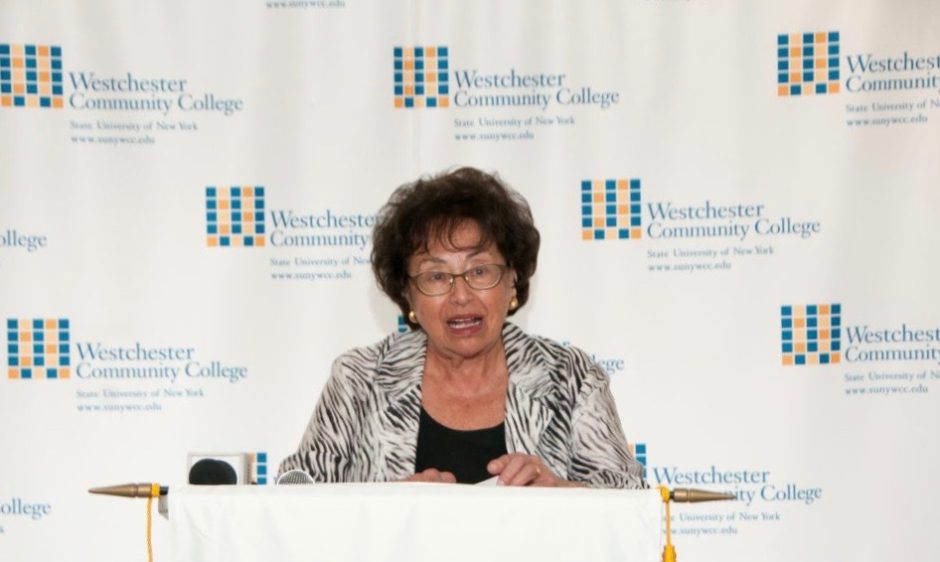At a time when an Israeli rapprochement with the Palestinians has never been dimmer, the Trump administration would do well to declare its unreserved support for a bipartisan congressional bill that would enhance the prospects for peace.
The bill would restore funding for Jewish and Arab coexistence and dialogue groups, endorse a two-state solution, and encourage investment in Palestinian autonomous areas of the West Bank.
With the United States planning to unveil the economic facet of its long-awaited Arab-Israeli peace plan in Bahrain later this month, now would be the ideal opportunity for the Trump administration to back the bill, which is supported by both Democrats and Republicans in the House of Representatives and the Senate.
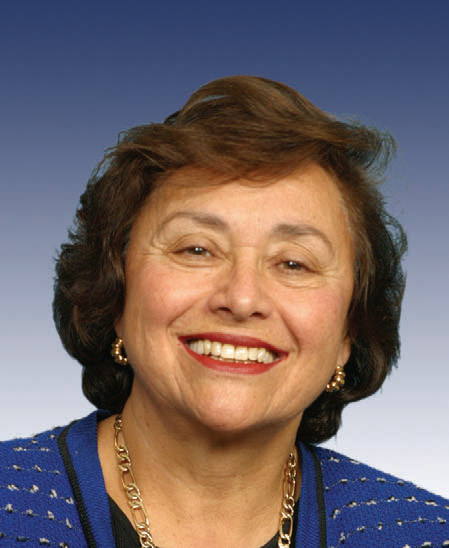
The bill was recently introduced by Representative Nita Lowey (Democrat, New York), who heads the Appropriations Committee, and her colleague, Jeff Fortenberry (Republican, Nebraska).
In the Senate, its major backers are Lindsey Graham (Republican, South Carolina), the chairman of the foreign operations subcommittee of the Appropriations Committee, and Tim Kaine (Democrat, Virginia), Cory Gardner (Republican, Colorado) and Chris Coons (Democrat, Delaware).
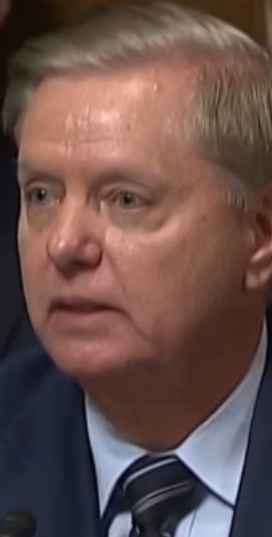
If passed, the bill would provide $50 million annually for five years for the Partnership Fund for Peace, which seeks to improve economic cooperation and people-to-people exchanges, thereby furthering shared community-building, peaceful coexistence, dialogue, and reconciliation between Israelis and Palestinians with the aim of preserving the possibility of a two-state solution.
“Time and time again, Congress has reiterated its support for a two-state solution that leads to two states for two peoples,” said Lowey. “To aid the pursuit of this dream, this bipartisan legislation would stimulate economic development and build community ties between Israelis and Palestinians. There are no shortcuts to peace, and this bill lays the foundation for this generation and those to come to engage in the hard work of peace-building.”
“We often hear about the ‘the road map for peace in the Middle East,’” said Fortenberry. “The challenge is laying the proper foundation for the road. Building on previous U.S. efforts at reconciliation, this bipartisan bill is a genuine attempt by the United States to regenerate our historic role in finding creative and imaginative pathways to secure a sustainable peace. This starts by recreating new and better economic and interpersonal linkages for prosperity and interconnectedness between the region’s peoples.”
The bill has drawn support from a wide spectrum of organizations ranging from the Alliance for Middle East Peace, an umbrella group for dozens of Israeli-Palestinian dialogue organizations and programs, to the American Israel Public Affairs, a mainstream organization which usually aligns itself with the Israeli government on security issues.
The bill is also backed by J Street and Americans for Peace Now, which are generally critical of Prime Minister Benjamin Netanyahu’s right-wing government, and the Jewish Federations of North America and its Israel advocacy affiliate, the Israel Action Network.
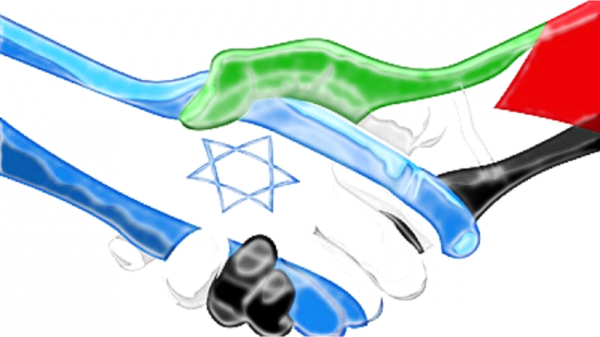
The Trump administration cut financial assistance to the Partnership Fund for Peace last year in a pique of anger following a series of seminal developments.
Toward the end of 2017, President Donald Trump, honoring a presidential campaign promise, recognized Jerusalem as Israel’s capital and moved the U.S. embassy in Tel Aviv to Jerusalem. As well, the United States cut funding to relief organizations serving Palestinian refugees throughout the Middle East, closed the mission of the Palestine Liberation Organization in Washington, D.C., and recognized Israel’s sovereignty over the Golan Heights.

Stung and enraged by its preferential treatment of Israel, the Palestinian Authority, led by President Mahmoud Abbas, announced its refusal to participate in U.S. diplomatic efforts to reconcile Israel and the Palestinians within the framework of a historic peace agreement.
The Palestinian boycott also extends to key members of the U.S. peace team — Jared Kushner, Trump’s son-in-law and senior advisor; Jason Greenblatt, Trump’s special envoy to the Middle East, and David Friedman, the U.S. ambassador to Israel — and to the forthcoming meeting in Bahrain, which is due to take place in Manama between June 25-26.
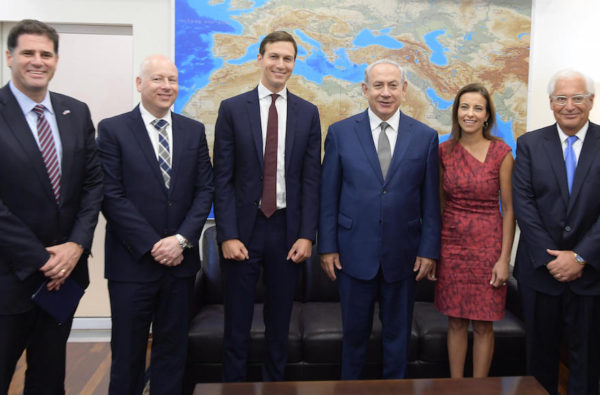
Although Egypt, Jordan and Morocco have announced their intention of attending the Bahrain workshop, the Palestinian Authority plans to boycott it.
The Bahrain meeting, which is expected to encourage Arab investment in the Palestinian economy, melds with the Trump administration’s ambitious plan to defuse the Arab-Israeli dispute.
But as the wording in the U.S. congressional bill correctly points out, economic incentives in and of themselves are insufficient: “Although economic development is an important tool for stabilizing conflict-prone settings and establishing connections between communities, economic development by itself will not lead to lasting peace. People-to-people peace-building programs further advance reconciliation efforts by promoting greater understanding, mutual trust and cooperation between communities.”
It would appear that the Trump administration grasps this reality.
Several days ago, in a significant admission, the White House issued a statement acknowledging that Palestinian economic growth and a resolution of Israel’s political problems with the Palestinians are inextricably related: “We understand that only through peace and a solution to final status issues can this level of growth be possible.”
In short, the attainment of peace can only be brought about by a judicious combination of mutual dialogue, the resolution of key political issues, and economic development.
